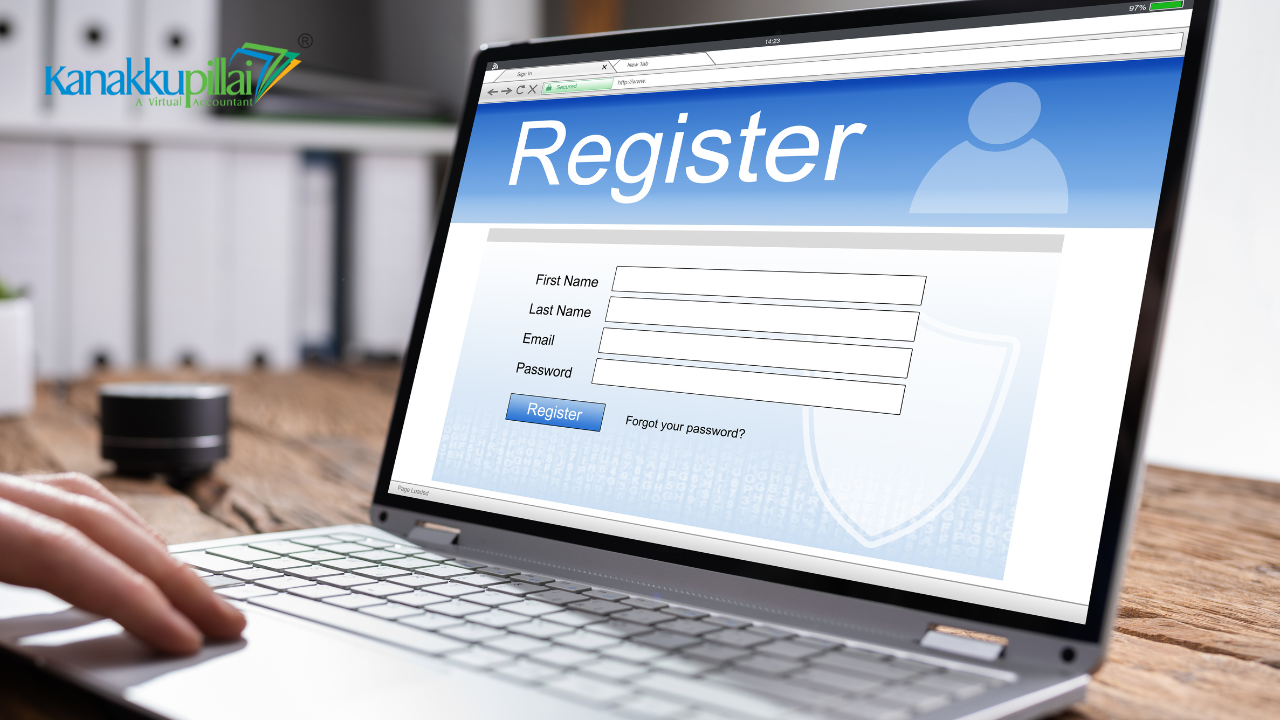First, a little context—why does trust even matter so much?
Trust isn’t a nice-to-have anymore. It’s the currency we trade in now, especially when your business handles data—whether it’s customer emails, internal financials, or sensitive client information. One data breach, one sloppy security practice, and you’re suddenly not “that reliable brand” anymore. You’re the cautionary tale in someone’s risk management presentation.
But here’s the kicker: most customers won’t tell you they don’t trust you. They’ll just quietly walk away. That’s what makes ISO 27001 such a game-changer—it doesn’t just talk the talk; it shows, with internationally recognized proof, that you’re taking information security seriously.
Let’s unpack this—without the stiff collar and corporate speak.
So, what is ISO 27001, really?
At its core, ISO 27001 is an international standard for managing information security. Think of it like a well-thought-out recipe that helps organizations build, maintain, and continuously improve an Information Security Management System (ISMS). It’s not just about installing firewalls or using strong passwords (though those matter); it’s about having a structured, people-process-tech approach to protecting information.
But ISO 27001 isn’t a checklist. It’s more like a mindset—one that gets baked into your company culture over time. And let’s be real, getting certified takes some legwork. But the payoff? It’s more than just compliance.
Why should anyone care? Because reputation is everything.
Ask yourself this: if two companies offered the same product, but one had ISO 27001 certification and the other didn’t—who would you trust with your data? The answer’s kind of obvious, right?
ISO 27001 is your way of saying, “Hey, we’ve got our act together. We know what we’re doing with your information, and we’ve proven it.” That’s not something your marketing department can fake.
In fact, it becomes part of your brand. You go from being “just another vendor” to being “the secure one.” And that shift? It opens doors. Bigger contracts. Government clients. Global partnerships. Especially in industries like healthcare, fintech, SaaS, and even e-commerce—where data security isn’t just a bonus, it’s a non-negotiable.
Not just for the big guys—this matters for SMEs too
There’s this weird myth floating around that ISO 27001 is only for huge corporations with teams of lawyers and IT staff. That couldn’t be more wrong.
Actually, small and medium-sized businesses often stand to benefit the most. Why? Because trust is harder to earn when you’re not a household name. ISO 27001 acts as a credibility booster—it tells clients and stakeholders that you’re playing in the big leagues when it comes to data security.
And between us, smaller organizations are sometimes more agile when it comes to implementing ISO 27001. Fewer bureaucratic layers, more direct communication, and less red tape. You just need the right guidance and a clear plan.
“But isn’t it expensive?” Yeah, but so is losing trust.
Let’s address the elephant in the room: yes, getting ISO 27001 certification will cost you. There are implementation costs, maybe some consulting fees, time spent training staff, and the audit itself. No sugarcoating it.
But now flip the script: what’s the cost of a data breach?
Let’s look at real numbers. According to IBM’s 2023 Cost of a Data Breach Report, the average breach sets businesses back around $4.45 million. That’s not pocket change. Even smaller breaches can eat into your bottom line—through downtime, fines, legal battles, PR damage control… not to mention the long, painful road of rebuilding trust.
In that light, ISO 27001 looks less like a cost and more like an investment. One that pays off in resilience, risk reduction, and (let’s not forget) peace of mind.
People trust process. ISO 27001 gives you one.
You know how sometimes you just get a gut feeling that a business isn’t on top of things? Maybe their invoices are a mess, their website has typos, or no one ever replies to support emails. It all feeds into that one question: “Do I trust these people?”
That’s exactly why ISO 27001 works. It shows there’s a system in place. That your team knows who handles what, how decisions are made, what happens in a crisis, and how data flows and gets protected at every step. It’s a signal—both internal and external—that this business isn’t winging it.
And when things inevitably go wrong (because they sometimes do), the response isn’t panic. It’s a plan.
The human side: your employees feel it too
Trust isn’t just about your customers. It’s internal too. A well-implemented ISO 27001 system actually gives employees clarity—on policies, roles, communication channels, escalation paths.
People feel safer in environments that are well-run. That sense of safety translates to confidence, and confident employees are better with clients, faster at problem-solving, and—bonus—less likely to jump ship when things get tough.
It also helps curb that dreaded “shadow IT” problem—where people start using personal tools and workarounds because they don’t trust internal systems. ISO 27001 brings transparency. It says, “Here’s the right way to do things, and here’s why.”
Trust by design, not by chance
Here’s a little metaphor: Think of your company like a house. Without ISO 27001, maybe you’ve got locks on the doors and windows—but no one’s really checked if they work. There might be a security alarm, but no one remembers the password. And half your team has duplicate keys floating around who-knows-where.
Now imagine a house where every door is reinforced, entry logs are tracked, emergency exits are clearly marked, and everyone knows what to do if something goes wrong. That’s what ISO 27001 gives you—structure. Predictability. Confidence.
And honestly, isn’t that what we all want from the companies we work with?
Standing out in a noisy market
Let’s be real. Most people won’t read your privacy policy. They won’t scan your compliance statement. But they will notice a badge that says ISO 27001 certified.
It’s one of those things that silently speaks volumes. It tells your story without you having to shout. Especially when you’re pitching to enterprise clients or trying to expand internationally, having that certification can tip the scales in your favor.
It might even win you contracts you never thought were within reach.
Real talk—how do you actually get certified?
The path isn’t as intimidating as it seems. It usually looks something like this:
- Gap analysis – figure out where you stand compared to the ISO 27001 framework.
- Planning – define scope, risk assessment, and security objectives.
- Implementation – roll out policies, controls, and training.
- Internal audit – check your own system before the big show.
- Certification audit – an accredited body comes in and evaluates your system.
- Ongoing monitoring – ISO 27001 isn’t a “set it and forget it” thing. You’ll need periodic reviews and re-certifications.
Yes, it takes effort. But you don’t have to go it alone. There are consultants, toolkits, and training platforms—some really user-friendly ones like ISMS.online, Conformio, and even compliance add-ons in Microsoft 365 and Google Workspace.
Building a brand that people believe in
There’s something powerful about being able to look a client in the eye (or over Zoom, let’s be honest) and say, “Yes, your data is safe with us—and we can prove it.”
That proof doesn’t just help with contracts. It builds something deeper: confidence. Loyalty. Advocacy. When people know they can trust you, they tell others. They bring you their friends, their colleagues, their next big idea.
ISO 27001 won’t turn you into a rockstar overnight. But it lays down the tracks. The reputation train? That one starts rolling with trust.
Final thought: What story do you want your business to tell?
Every brand tells a story. Some are loud and flashy. Some are slow and steady. Some burn out at the first sign of trouble. Others? They build quietly, thoughtfully, from the inside out.
ISO 27001 helps you build that kind of story. One grounded in structure, care, and resilience. The kind of story that doesn’t fall apart when things get complicated.
So if you’re looking to boost your reputation—not just polish your image, but truly earn the kind of trust that sticks—ISO 27001 isn’t just a certification. It’s a statement. One that says, “We take your trust seriously.”











Leave a Reply